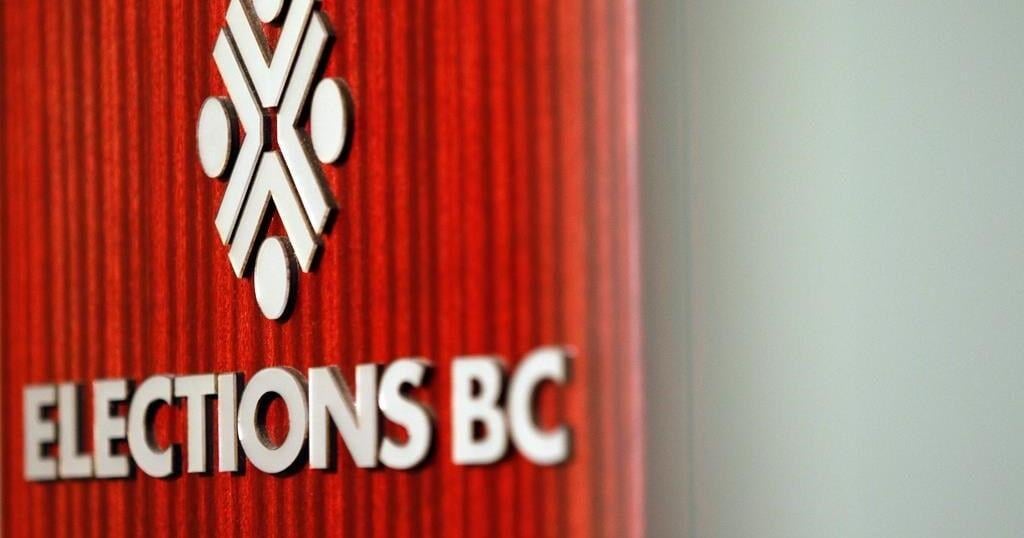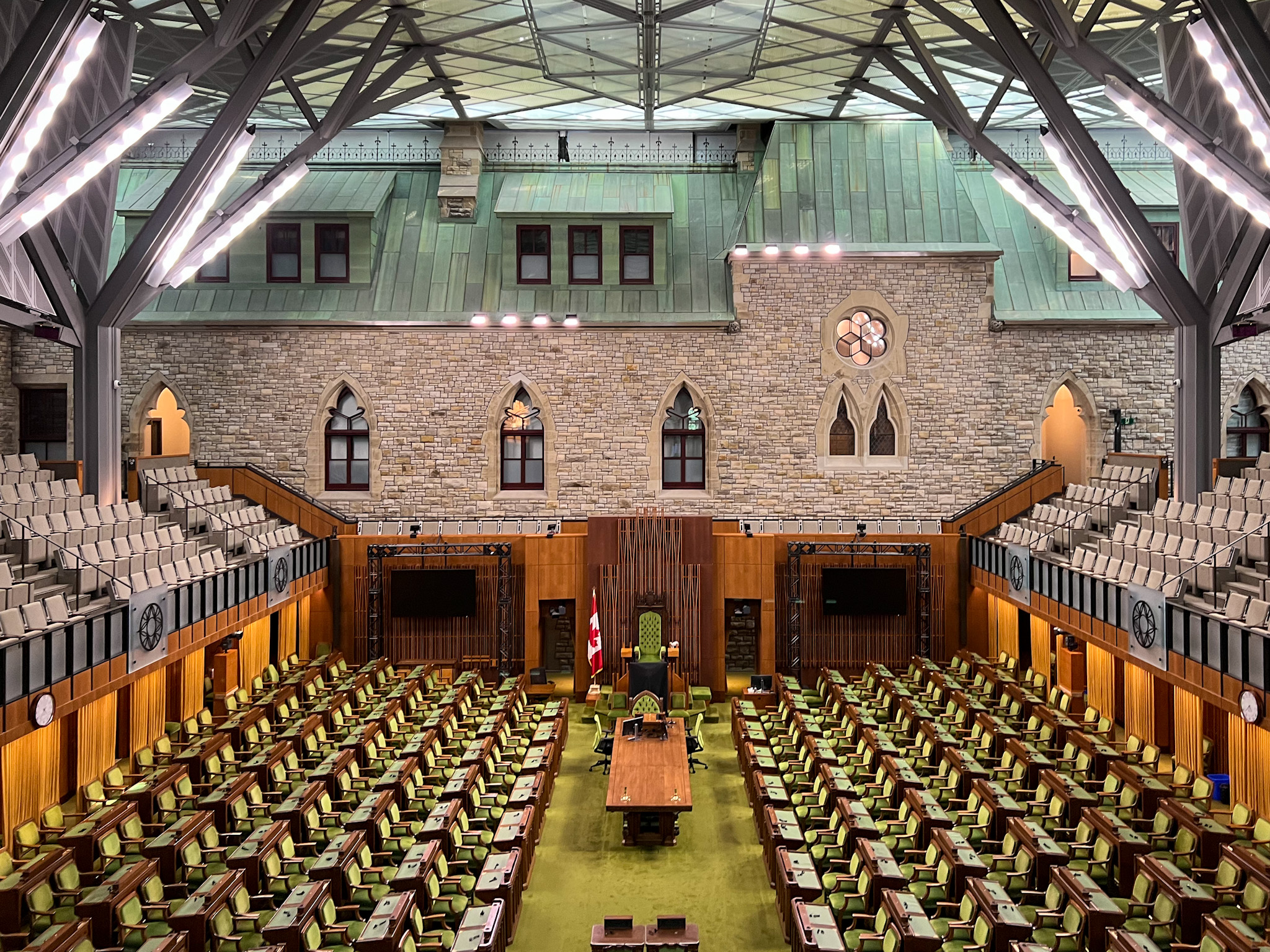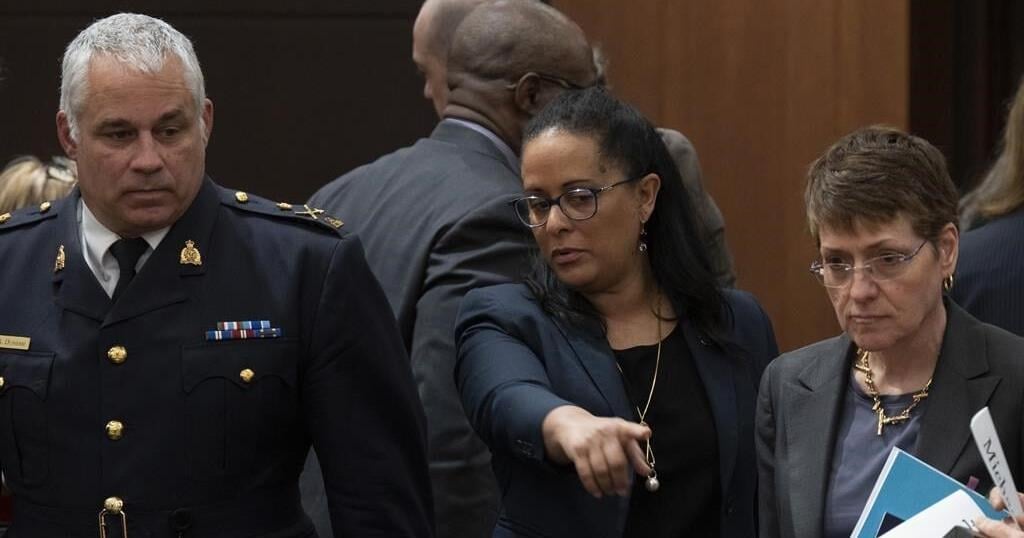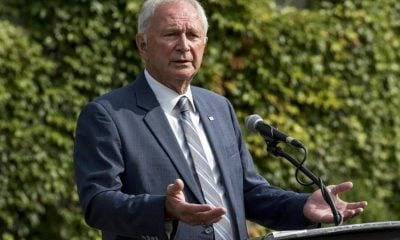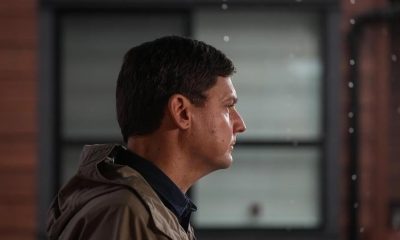Each year we ask more than 50 leaders and luminaries from literature, business, politics and the arts to name the best books they’ve read during the year. You could spend all day reading the full list—and all year reading the books.

Robert Iger
Ta-Nehisi Coates has become one of my favorite authors—he also writes the “Black Panther” comics—and his searing debut novel, “The Water Dancer,” will stay with me forever. I’m fortunate to work with some supremely talented writers and I certainly appreciate the immense power their stories have to develop empathy and an appreciation for the human condition. Our world needs great storytellers to teach us, to enlighten us and to open our minds to our differences. “The Water Dancer” is such a story and solidifies Mr. Coates as one of our great storytellers. The historian Yuval Noah Harari’s profound books have allowed me to consider the state of our world through the prism of the past. But in “21 Lessons for the 21st Century,” Mr. Harari uses history to explore what our future may hold—and makes the case that we should not be afraid of change or disruption, but should rather embrace its inevitability and use it to move us forward. In a business as dynamic as ours, this is a vital lesson.
— Mr. Iger is the CEO of the Walt Disney Co. and the author of “The Ride of a Lifetime.”
Téa Obreht
In preparation for 2019 I found it necessary to break my lifelong habit of reading at bedtime. (It had grown troublesome as I became someone who works way too late and doesn’t realize she’s drifted off, then half-dreams her way through intricate plots at the disastrous pace of one chapter a night.) The rewards have been glorious: My afternoons were spent with Kathleen Alcott’s daringly inventive “America Was Hard to Find” and Karen Russell’s wild and wonderful “Orange World” and Lauren Wilkinson’s genre-bending “American Spy.” I was blown away, too, by
Salvatore Scibona’s
“The Volunteer,” which might be the first book I’ve ever read whose beginning made me cry. It starts with a tiny, desperate boy found at the Hamburg airport speaking an unknown language, and leads us from Latvia to Vietnam, New Mexico and Cambodia, through lifetimes and family myths, memories, upheavals and betrayals of mind and body.
— Ms. Obreht is the author of “Inland.”

Marc Benioff
This year, three extraordinary leaders remind us that we can all be a platform for change. In “The Ride of a Lifetime,” Robert Iger chronicles his amazing career—including his 15 years leading Disney. I enjoyed the behind-the-scenes stories illustrating key moments that shaped Disney’s history and Bob’s 45-year career. His “Lessons to Lead By” will help everyone, from new hires to chief executives. My good friend David Rubenstein brings us “The American Story,” applying his incredible interviewing skills to draw out deep insights from our nation’s top presidential historians. David’s book shows us how the past informs our understanding of the present and can shape our future. Roger McNamee’s “Zucked” captures the disastrous consequences of one of our most powerful companies not making trust its No. 1 value. Every page is a reminder that businesses can do more than make a profit; it should be a corporate responsibility to serve stakeholders as well as shareholders and improve the state of the world.
— Mr. Benioff is chairman and co-CEO of Salesforce and co-author, with Monica Langley, of “Trailblazer: The Power of Business as the Greatest Platform for Change.”

Zadie Smith
I reread “The Bluest Eye” by Toni Morrison and reremembered it’s a masterpiece. I read “The Age of Surveillance Capitalism” by
Shoshana Zuboff
and “Re-engineering Humanity” by Brett Frischmann and Evan Selinger and wished everyone would read both before the re-engineering is total. I read “Potiki” by the Maori author Patricia Grace and thought she should get the Nobel. I read “Voices From Chernobyl” by Svetlana Alexievich and was glad she already has one. I read “Fleishman Is in Trouble” by Taffy Brodesser-Akner on a plane to Australia: I laughed and cried. The flight was so long I also read “A Month in Siena” by Hisham Matar. Everybody should get to spend a month with Mr. Matar, looking at paintings. I read “Black Lives: W.E.B. Du Bois at the Paris Exposition 1900,” edited by Julian Rothenstein, and felt thankful for Du Bois. I read “The Politics of Pain: Postwar England and the Rise of Nationalism” by Fintan O’Toole and wished I’d written it. I read “The Life of Lazarillo de Tormes”—that 16th-century servant who revealed the corruption of all masters—and marveled at how a long-departed consciousness could still feel present. I read “Ursula K. Le Guin: Conversations on Writing” and wished that particular consciousness had not departed. I read “Out of Darkness, Shining Light” by Petina Gappah and “Exhalation” by Ted Chiang and felt delighted by fiction. I read “Feel Free” by Nick Laird and felt lucky to have a poet in the house.
— Ms. Smith is the author of “Grand Union.”

HR McMaster
It is difficult to overstate the threat from a nuclear-armed North Korea. Not only as a direct threat to humanity, but also because a nuclear-armed North Korea would lead to the proliferation of nuclear weapons. If
Kim Jong Un
gets them, who doesn’t? The Kim family has never built a weapon it did not try to sell. As North Korea’s third-generation dictator threatens a “Christmas present” if the U.S. doesn’t accede to his latest demands, we would do well to understand better the emotions, ideology and worldview that drive and constrain his behavior. A great starting point is Anna Fifield’s “The Great Successor: The Divinely Perfect Destiny of Brilliant Comrade Kim Jong Un.” The book is impeccably researched. The prose is lively. Ms. Fifield writes with wit and dark humor about a murderous and increasingly dangerous dictator. Through first- and secondhand accounts, she fills in the gaps of Mr. Kim’s life to paint a less-unfinished portrait of the man. He is smarter and more calculating than anyone gives him credit for, securing power by ramping up the nuclear and missile programs started by his predecessors. This book provides a valuable perspective on this formidable adversary and one of our most vexing foreign-policy challenges.
— Mr. McMaster is a senior fellow at the Hoover Institution.

Susan Packard
As I turned the final pages of Patti Callahan’s novel “Becoming Mrs. Lewis,” I couldn’t believe the two main characters had only known each other for a decade. The victim of an abusive husband, Joy Davidman flees America with her two small sons and sets up life in England. She becomes a writer and takes the chance to correspond with
C.S. Lewis,
author of the “Chronicles of Narnia” novels. Davidman wants to know more about Lewis’s conversion to Christianity from atheism. She, too, is a convert, from Judaism. Lewis writes her back, and the two become friends. Over the decade of their fierce and growing love, Davidman’s spirit and self-worth grow: “It wasn’t until England I saw who I could be: a brilliant light, cherished for who I was.” Her love in turn transforms Lewis from a man living only in his intellect. “Logic takes no account for the heart,” she tells Lewis. “How can you tell a heart what to do?” She opens him up to the grace of living fully and vulnerably, and changes this brilliant writer forever.
— Ms. Packard is a co-founder of HGTV and the author of “Fully Human.”
Andrew Yang
Artificial intelligence and other new technologies have the potential to change our economy and society in unpredictable ways. Even techies don’t know what’s going to happen. Kai-Fu Lee’s “AI Superpowers” recognizes the power that will come from these technologies and the dangers of falling behind other countries, especially China. The book has shown itself to be particularly relevant and prescient. Few observers, even two or three years ago, could have predicted the current state of U.S.-China relations. The U.S. needs to invest in these areas to catch up, while also bringing the world together in an organization like the WTO for data.
— Mr. Yang is the founder of Venture for America and a 2020 Democratic presidential candidate

Flea
Despite my dismay around the dystopian takeover of science fiction and the loss of hope, optimism and fascination that buoyed my Ray Bradbury childhood, I set my petty whining aside to tell you that Octavia Butler’s “Parable of the Sower” is a stunner. It’s a terrifying vision of a dismal future brought on by the willful ignorance, racism and greed of human beings, and an eerily dangerous parallel to our present path. Ms. Butler gives us a satisfying protagonist in the hypersensitive teenager Lauren, whose courage and wits are an infinite source of inspiration. Paulette Jiles’s “News of the World” is the only book I’ve read that caused me to yell out loud in the solitude of my bedroom. Young Johanna, displaced by the wildly shifting world around her, shows courage and spiritual depth beyond her years and filled my heart with purpose. It’s a history book and the most profound love story between Johanna and an elderly man named Capt. Kidd. Toni Morrison’s “Sula,” the first book I read together with my then-fiancée in our two-person book club, is an absolute epic. Love and yearning, pathos and racism, a deep friendship connection forged in secret trauma, it was the last Morrison book I read before her passing and must be held in the highest esteem.
— Flea plays bass for the Red Hot Chili Peppers and is the author of “Acid for the Children.”

Twyla Tharp
Three books recently gave me hope that consensus can be reached in our radically divided culture, emphasizing the optimism and courage to be had when we debate our differences. John Sexton’s “Standing for Reason” demonstrates the commitment needed from adults to support the development of knowledgeable and inquisitive young thinkers. Mr. Sexton, a former president of New York University, insists on the power of logic in dialogue to weld the silos of a large urban university into one force. It can be done. In “A Month in Siena,” Hisham Matar’s study of paintings found in this Italian city help transform the brutal loss of his father into a rebirth of faith. The iconography of three Sienese painters gives Mr. Matar his metaphor. In the first half of the 14th century, Ambrogio Lorenzetti portrayed a democratic Siena ruled through individual civic responsibility. In the latter half of that century, following the Plague, Bartolo Battiloro showed Siena’s community spirit deteriorating; its collective guilt and terror made the city susceptible to a hegemonic ruler. Then a century after the plague, Giovanni di Paolo represented individuals once again capable of communicating directly, without intermediaries, in a work appropriately titled “Paradise.” Józef Czapski’s “Lost Time: Lectures on Proust in a Soviet Prison Camp” is just that. Czapski, a Polish officer, was captured during World War II and taken to a Russian hard-labor camp. At the end of each harsh day, the prisoners maintained their sanity by giving one another lectures on the subjects they knew best. As there were no written documents allowed, these recitations were entirely from memory. Czapski’s almost literal recall of Proust’s “In Search of Lost Time” is incredible in its detail; yet even more impressive is his insistence that we can maintain humanity through communication with one another. May we all so triumph in the New Year.
— Ms. Tharp is a choreographer and the author of “Keep It Moving.”

Will Hurd
In “American Carnage,” Tim Alberta explains why our political system is where it is. He illuminates how trends like a widening chasm in incomes, a shredded national identity and a dissipating sense of societal cohesiveness have blurred together into an expression of outrage and how politicians have responded to these changes. He details how “elections in modern America are won principally by mobilizing the base, not persuading the middle.” This is dangerous: The only way we have solved problems in this country is by working together. “American Carnage” helps us understand how and why we’ve forgotten the basic truth that way more unites us than divides us.
— Mr. Hurd is a congressman from Texas.
Copyright ©2019 Dow Jones & Company, Inc. All Rights Reserved. 87990cbe856818d5eddac44c7b1cdeb8



